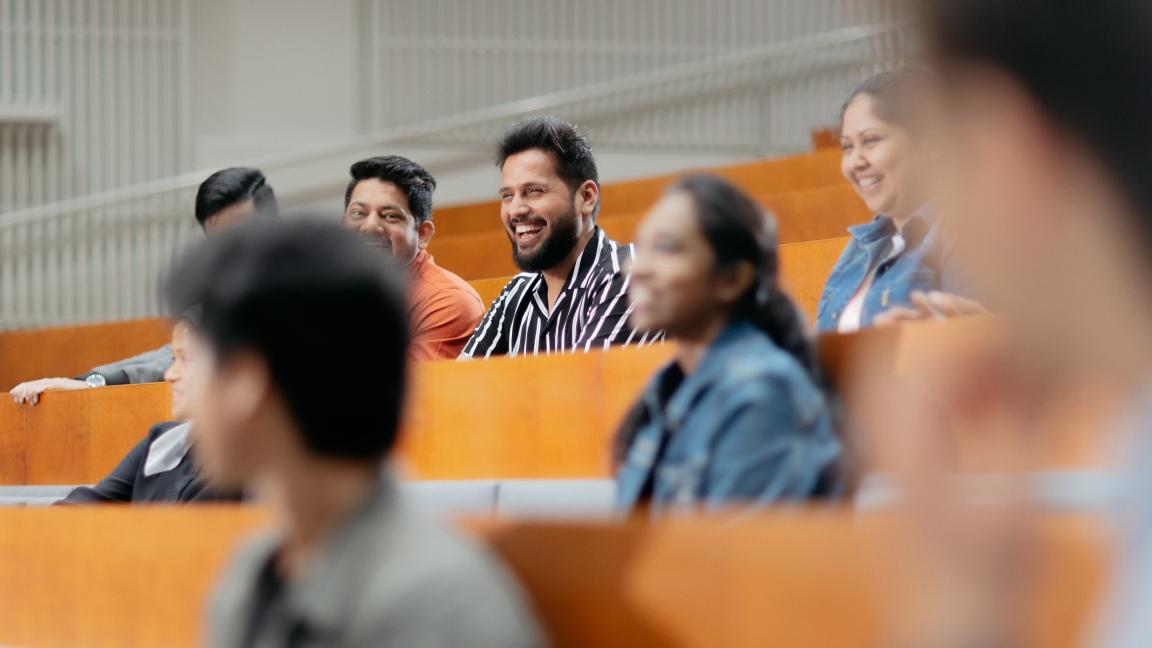University of Vaasa joins the internationally renowned Erasmus Mundus master’s degree programme, partnered with the city of Vaasa and Merinova
“Erasmus Mundus programmes are internationally renowned master’s degree programmes which are designed and implemented through collaboration among several higher education institutions,” says Hannu Laaksonen, professor of electrical engineering at the University of Vaasa.
“It is great to become part of the Erasmus Mundus cooperation programme. The programme promotes international cooperation and visibility and diversifies the recruitment of students,” he continues.
The EU-funded master’s degree programme lasts two years and consists of study modules offered by the collaborating universities. The programme includes four terms in three different countries. The current funding covers three admissions.
The Smart Cities and Communities master’s programme focuses on the pillars of sustainable urban development, namely energy, transportation, buildings, urban planning, and information and communication technology as central enablers in implementing sustainable solutions.
“We offer the joint programme a multidisciplinary Smart Grid Solutions study module which is worth 30 study credits and deals with smart energy solutions and combining new technologies and business models,” says Laaksonen.
Additionally, if a student wants a double degree, they will also submit a thesis to the University of Vaasa.
There are over 50 partners in the Erasmus Mundus master’s degree programme from both within and outside of the academic world, from all over the globe. Partners in Finland include the city of Vaasa and technology centre Merinova. The partners can, for example, take in thesis workers, guide them or hold guest lectures on courses.
“This is a wonderful collaboration opportunity for us. The themes of the master’s programme strongly support the strategic goals of the city to be carbon neutral by the end of 2020s as well as related sustainable development measures. We will benefit from the latest innovative solutions and strengthen our international connections,” says Tomas Häyry, the Mayor of Vaasa.
“Merinova and the EnergyVaasa cluster that Merinova represents have long been active in developing Smart City -related themes so the topics in this master’s programme are definitely interesting and central to the region as well as our industry. At the same time, concrete collaboration between higher education institutions always produces new ideas and expertise as well as talented individuals to our region to some extent,” says Tauno Kekäle, project manager at Merinova.
Students from around the world can apply to the master’s degree programme. The programme is subject to a tuition fee, but the best students may receive a full study grant.
Application to the programme will open in spring 2024. Teaching starts in autumn 2024.
